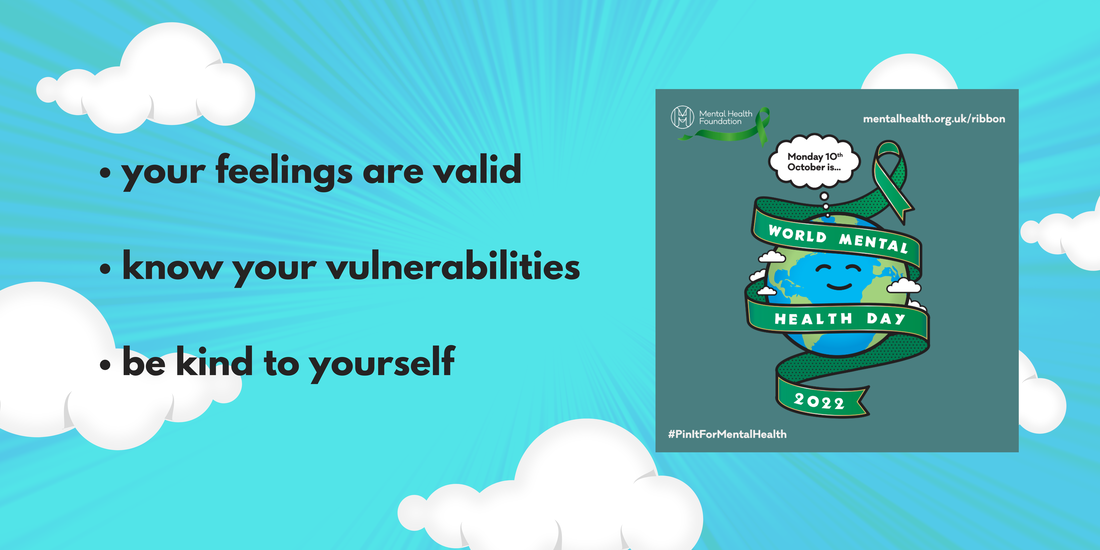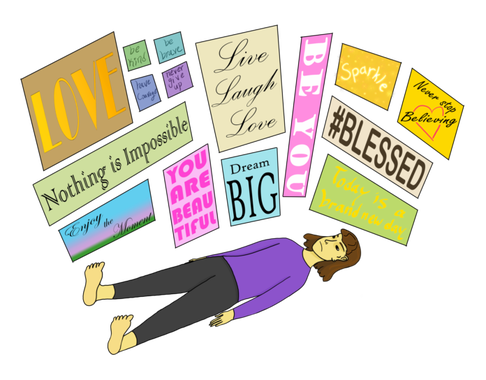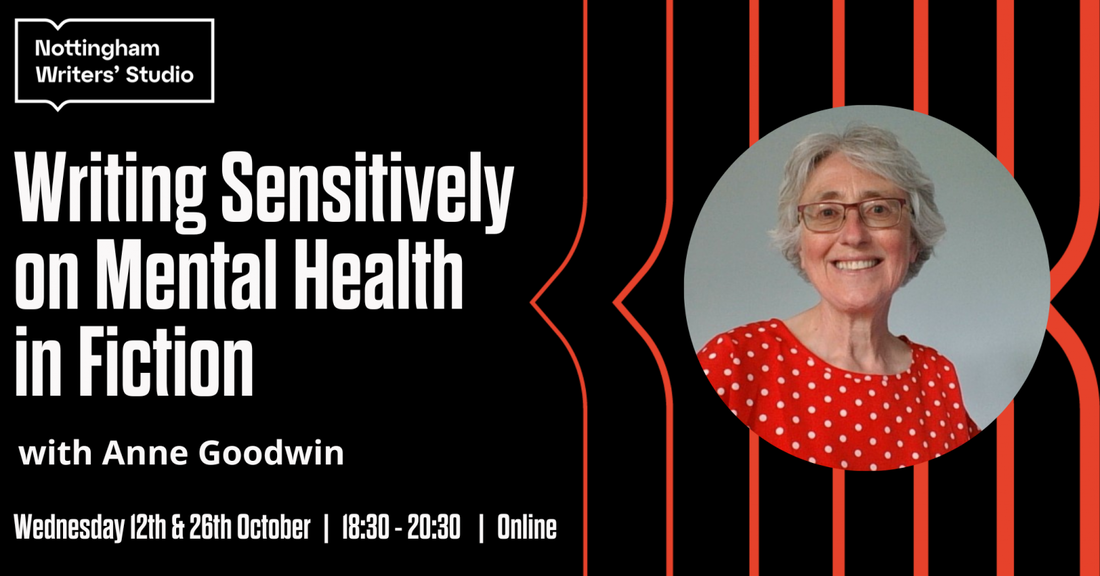There are times I’ve cried – or snapped at someone inappropriately – less because of the current situation, but because it echoes unresolved and unresolvable issues from the past. Perhaps you’ve been there too? Sometimes we can’t even pinpoint where the hurt originates, it’s so deeply buried. But undefined pain is no less real.
That’s why my views on promoting mental well-being are at odds with the contemporary cult of positivity, useful as that is for some people in some situations some of the time. There are times we need to find the exit from unbridled negativity, but sometimes we need to pay more attention to our pain in order to leave it behind.
The pressure to be positive can in itself be a burden:
It feels weird to advocate for so-called negative emotions, but sometimes that’s what we need: to accept our feelings – whether welcome or not – as valid, and to be kind to ourselves when life feels hard. We can also go some way towards protecting ourselves by getting better acquainted with our vulnerabilities, not necessarily to fix them but to recognise them as part of who we are.
I consider this especially important for writers, as we often create from the vulnerable part of ourselves. If we don’t recognise the connection between the themes of our fiction and our personal issues, the emotions generated can come as a shock. Sometimes that’s cathartic, but we shouldn’t expect to delve into difficult subjects and emerge totally unscathed.
That’s why I’ll be addressing self-care for writers in an online workshop I’m running for those interested in writing about mental health. (Click on the image for more information.)
Sadly, the tyranny of positivity also infects mental health services, the very place where we’d expect emotional distress to be allowed to breathe. The first psychiatric patient I ever met still haunts me: lying in her hospital bed, she told me she couldn’t understand why she was depressed when she had a nice home and a nice husband and family. Still a student, I hadn’t the knowledge or skill to dig deeper. Given that she was scheduled for a lobotomy, I have to assume that none of the qualified staff had the capacity to look beyond the facade.
That experience, and my subsequent work in long-stay wards, has influenced my novella, Stolen Summers, published next month. Matilda has reason to grieve, but Ghyllside hospital can’t provide a compassionate receptacle for her tears. To celebrate World Mental Health Day on October 10th, the price is slashed for the entire month. It’s available for preorder now.
| When I saw the prompt for this week’s flash fiction challenge, I immediately thought back to when I last cleaned my car. It must have been in early spring and there wasn’t only mud on the tyres but great clumps of it on the wheel arches too. That’s what you get when you go walking in the Peak District. My 99-word story is (sort of) about that. |
She cursed when she saw the sign for the diversion, barely a mile from the edge of the moors. She took a chance and drove around it; the road crumbled beneath her wheels. She abandoned the car and stomped through the heather, the wind whistling around her ears.
She hadn’t come for answers. She hadn’t come to forget. But here in the moody landscape she could let her emotions roam free.
She returned to the parking place as darkness gathered. Footsore, hungry, tired. Mud on her boots, mud on her tyres, the ghost of a smile on her face.


























 RSS Feed
RSS Feed





















